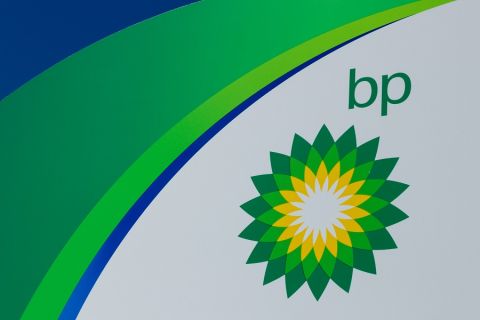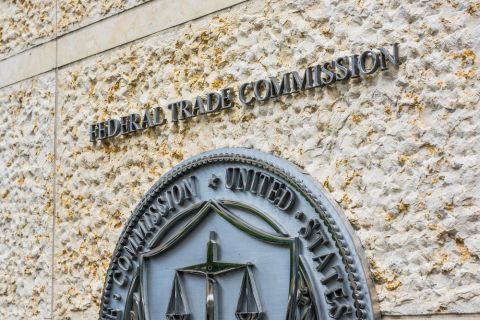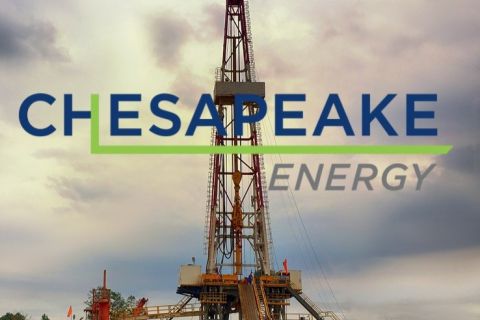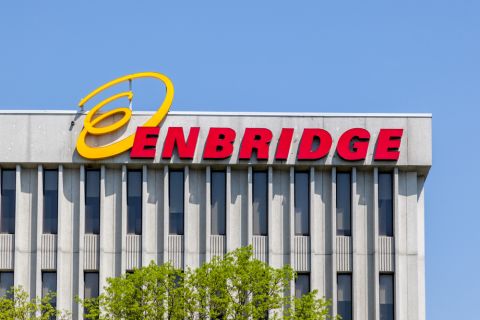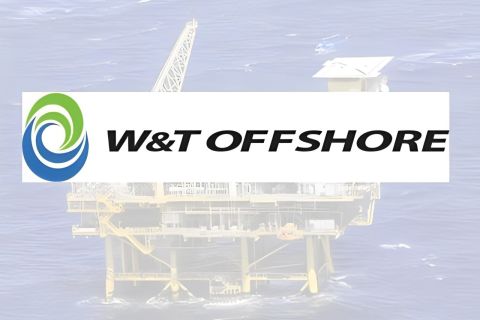Unfazed by depressed North American gas prices, Burlington Resources Inc. (NYSE: BR) has agreed to acquire Calgary-based Canadian Hunter Exploration Ltd. (Toronto: HTR) for US$2.1 billion (C$3.3 billion) in cash. The purchase will almost double the Houston independent's Canadian portfolio and add attractive producing properties with low operating costs, long-lived reserves and promising exploration and exploitation potential, says Burlington chairman and president Bobby S. Shackouls. "We have been studying Canadian Hunter's assets for some time, and they are the right fit with our North American natural gas strategy and our returns-based investing." Wall Street oil analysts generally applauded the acquisition, despite Burlington's paying a higher price per thousand cu. ft. of gas reserves than other U.S. independents have in their recent purchases of Canadian producers. "Although it appears that Burlington paid a premium, we view the deal as a back-to-basics move," says Irene Haas, who follows independent producers for Sanders Morris Harris Inc., Houston. "It's a major change in Burlington's strategy for the positive, focusing mainly on exploring and exploiting North American natural gas. The acquisition is dominated by onshore properties more compatible with Burlington's traditional strength. Canadian Hunter's assets also will provide it an unusual amount of possible organic growth." Burlington says it will pay approximately US$1.27 per thousand cu. ft. equivalent to acquire Canadian Hunter's proved gas reserves. That compares with the approximately US$1.22 that Devon Energy Corp. (Amex: DVN) is paying for Anderson Exploration Ltd. (NYSE: AXN). Michael Nelson of Howard Weil in New Orleans expects natural gas prices to be higher in the longer term. "Also, Canadian Hunter will provide substantial exploration acreage in western Canadian frontier areas. When you look at the exploration value of its plays, it's above average relative to other acquisitions." The firm expects a return high enough for investors and shareholders, longer term. "It seems expensive for the region, but should work well if gas prices play out as we expect." William Featherston of UBS Warburg Securities LLC in New York says Burlington is paying US$1.51 per thousand cu. ft. equivalent for Canadian Hunter's proved reserves, which total 1.2 trillion cu. ft. of gas and 6.2 million bbl. of oil. He considers the price expensive, since it is 5.8 times his estimated 2002 earnings before interest, income taxes, depreciation, depletion, amortization and exploration charges and 1.3 times his liquidation value estimate for Canadian Hunter. But he also considers the purchase accretive to Burlington's 2002 cash flow per share by 18% and earnings per share by 7%. "Notably, the accretion is largely due to higher leverage as well as the fact that Burlington will allocate $750 million to goodwill that does not have to be amortized with the new accounting rules," Featherston says. The transaction should raise Burlington's total reserves 12% and its production 20%, observes Robert Morris, who follows upstream independents for Salomon Smith Barney Inc. in New York. "Strategically, we believe that it fits very well with Burlington's current assets and longer-term objectives, especially given our bullish stance on the long-term fundamentals for natural gas," he says. Standard & Poor's Corp. and Moody's Investors Service put their assessments of Burlington's obligations under review for possible downgrade, based on the increased financial leverage on the independent's balance sheet that will result from the deal. Burlington's debt to total capitalization will grow to 55%. Burlington plans to sell approximately $500 million in assets, which would reduce its debt. The purchase will bring Burlington approximately 2 million net undeveloped acres and extensive seismic data in addition to Canadian Hunter's estimated reserves. Burlington has allocated $228 million of the purchase price to the undeveloped acreage and seismic data and $250 million for processing plants and other infrastructure. It expects Canadian Hunter's 2001 net production to average 430 million cu. ft. of gas and 2,700 bbl. of oil and condensate per day. Merrill Lynch and Morgan Stanley advised Burlington and committed US$1.9 billion of financing for the transaction. CIBC World Markets Inc. and Goldman Sachs advised Canadian Hunter.
Recommended Reading
BP Pursues ‘25-by-‘25’ Target to Amp Up LNG Production
2024-02-15 - BP wants to boost its LNG portfolio to 25 mtpa by 2025 under a plan dubbed “25-by-25,” upping its portfolio by 9% compared to 2023, CEO Murray Auchincloss said during the company’s webcast with analysts.
Sunoco’s $7B Acquisition of NuStar Evades Further FTC Scrutiny
2024-04-09 - The waiting period under the Hart-Scott-Rodino Antitrust Improvements Act for Sunoco’s pending acquisition of NuStar Energy has expired, bringing the deal one step closer to completion.
Chesapeake Slashing Drilling Activity, Output Amid Low NatGas Prices
2024-02-20 - With natural gas markets still oversupplied and commodity prices low, gas producer Chesapeake Energy plans to start cutting rigs and frac crews in March.
Enbridge Advances Expansion of Permian’s Gray Oak Pipeline
2024-02-13 - In its fourth-quarter earnings call, Enbridge also said the Mainline pipeline system tolling agreement is awaiting regulatory approval from a Canadian regulatory agency.
Will the Ends Justify the Means for W&T Offshore?
2024-03-11 - After several acquisitions toward the end of 2023, W&T Offshore executives say the offshore E&P is poised for a bounce-back year in 2024.

